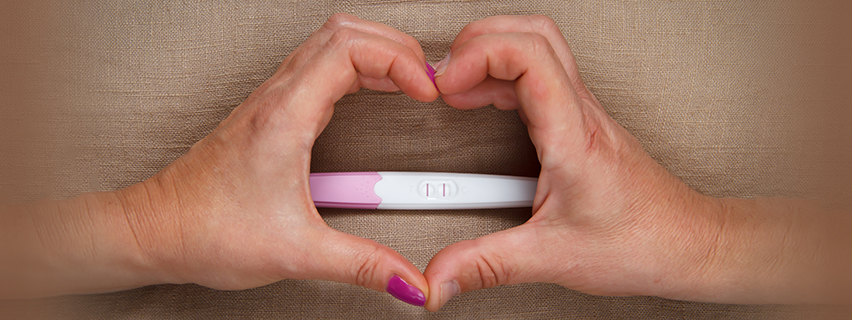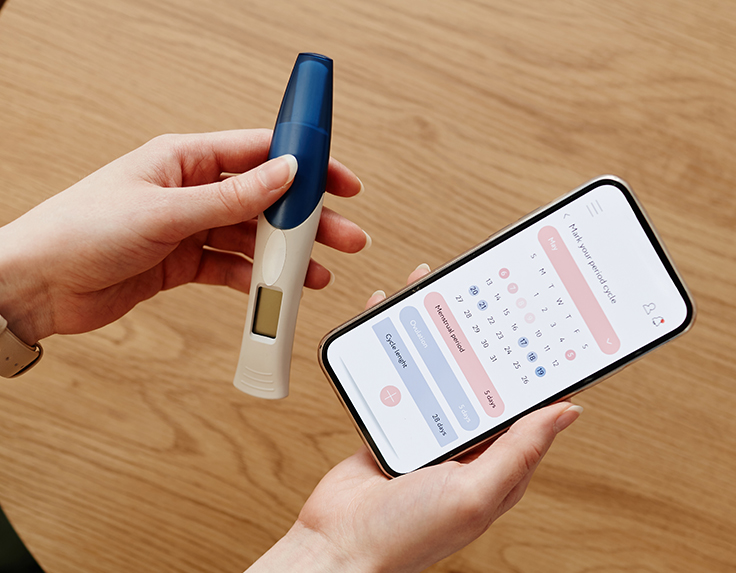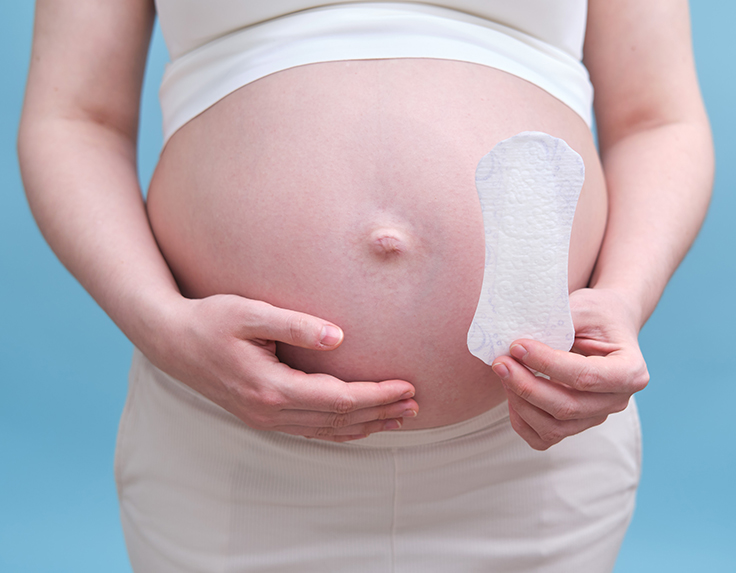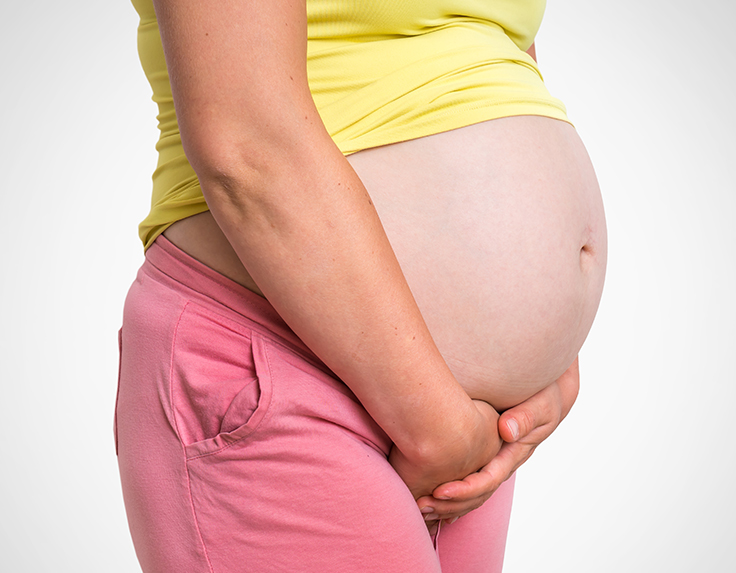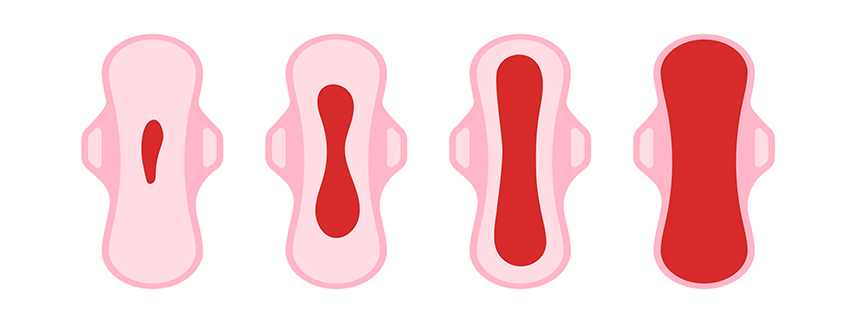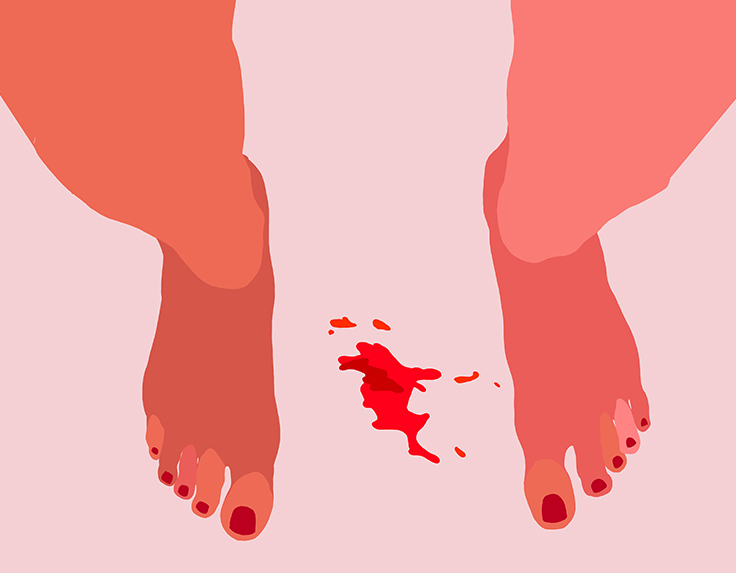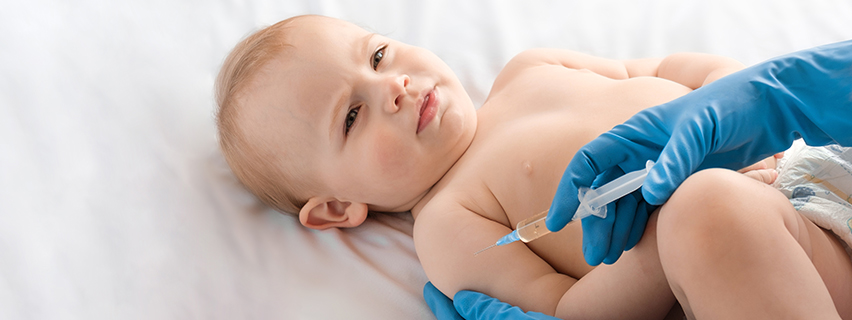Prenatal care is an essential part of a healthy pregnancy for expectant mothers. It involves regular medical check-ups, tests, and screenings to monitor the health of the mother and the developing fetus. Prenatal care is important for detecting and addressing any potential complications early, ensuring that you and your baby stays healthy throughout the pregnancy and after delivery. The benefits of prenatal care extend beyond just physical health and also include emotional support, education, and guidance for new mothers.
To start with the basics, let’s understand what is considered as prenatal care. Prenatal care refers to the medical care that pregnant women receive throughout their pregnancy, which includes regular check-ups with a healthcare provider, monitoring of the health of both the mother and the developing fetus, and screening for potential complications. It is critical to ensure a healthy pregnancy and delivery, as it allows healthcare providers to detect and address any issues early on, before they become more serious. The frequency and type of prenatal care may vary depending on the woman’s individual needs and medical history, but it typically involves a combination of physical exams, lab tests, and ultrasounds.
Prenatal care is crucial for ensuring the health of both you and your baby. It provides a range of benefits, including reducing the risk of complications during pregnancy, ensuring the health of both the mother and baby, providing education and support for new mothers, identifying and addressing health concerns early, and increasing the likelihood of a healthy pregnancy and delivery. In this article today, we will be unfolding the benefits of availing prenatal care of expectant mothers. But first, let’s understand the types of prenatal care.

Types of prenatal care
The specific types of prenatal care can vary based on factors such as your health status, the stage of pregnancy, and any existing medical conditions. Here are some common types of prenatal care:
Early and Regular Prenatal Visits:
You should schedule your first prenatal visit as soon as you confirm your good news. During these visits, the healthcare provider will perform a physical examination, take medical history, check your baby’s growth, monitor your health, and provide education and counseling on pregnancy and childbirth.
Ultrasound Exams: These imaging tests use sound waves to create pictures of the fetus, uterus, and other pelvic organs. They are performed at various stages of pregnancy to monitor the fetus’s growth and development and detect any potential problems.
Blood Tests: Blood tests are used to monitor your health and check for conditions that may affect the developing fetus, such as anemia or gestational diabetes.
Prenatal Screening Tests: These tests are used to identify potential genetic disorders and birth defects in the fetus, such as Down syndrome or neural tube defects.
High-risk Prenatal Care: Women who have pre-existing medical conditions or develop complications during pregnancy may require specialized care to manage their health and ensure the safe delivery of their baby. This can include consultations with specialists and more frequent prenatal visits.
Childbirth Education Classes: Many healthcare providers offer classes that teach expectant mothers and their partners about the various stages of labor, pain management options, and breastfeeding.
Postpartum Care: This refers to the care provided to the mother and baby after delivery. It can include follow-up visits with the healthcare provider, breastfeeding support, and screening for postpartum depression.
Now that we understand the types of prenatal care, it becomes important for you to understand the benefits as well.
5 benefits of prenatal care
Prenatal care is crucial for ensuring the health and well-being of both the pregnant woman and her developing fetus. Here are some reasons why prenatal care is important:
Early Detection and Treatment of Health Issues:
Prenatal care allows healthcare providers to identify and treat any medical conditions or complications that may arise during pregnancy. This can include monitoring blood pressure, detecting gestational diabetes, or identifying infections that could harm the developing fetus.
Monitoring Fetal Development:
Prenatal care enables healthcare providers to monitor the growth and development of the fetus through regular ultrasound exams, fetal heart rate monitoring, and other tests. This allows them to identify any potential problems early on and take appropriate action.
Providing Education and Support:
Prenatal care provides expectant mothers with education and support on healthy pregnancy behaviors, including proper nutrition, exercise, and stress management. It can also include counseling on childbirth options and breastfeeding.
Reducing the Risk of Complications:
Women who receive regular prenatal care are less likely to experience complications during pregnancy, such as premature birth, low birth weight, or stillbirth. This is because healthcare providers can identify and manage any health issues that may arise.
Improving Birth Outcomes:
Women who receive adequate prenatal care are more likely to have healthy babies who are born at full term and have a healthy birth weight. This can lead to better long-term outcomes for both the mother and baby.
To promote healthy pregnancy and ensure the best possible outcomes for you and your baby, its essential to avail prenatal care. While you have the best understanding of the benefits of prenatal care, let’s have a recap at some of the frequently asked questions.
FAQs
Why is prenatal care important?
Prenatal care is important for ensuring the health and well-being of both the pregnant woman and her developing fetus. It allows healthcare providers to detect and treat any medical conditions or complications that may arise, monitor fetal development, provide education and support, reduce the risk of complications, and improve birth outcomes.
What are the 3 prenatal tests?
Three common prenatal tests are the first-trimester screening, which screens for chromosomal abnormalities; maternal blood screening, which screens for neural tube defects and Down syndrome; and the anatomy scan, which is a detailed ultrasound that checks for structural abnormalities in the fetus.
What are the five prenatal care?
There are five key components to prenatal care, which include early and regular prenatal visits with a healthcare provider, proper nutrition and exercise, prenatal testing, education and counseling on childbirth, and postpartum care for the mother and baby.
When should a pregnant woman start prenatal?
Pregnant women should start prenatal care as soon as they know they are pregnant, ideally within the first trimester. Early prenatal care is important for detecting and treating any medical conditions or complications that may arise, monitoring fetal development, providing education and support, reducing the risk of complications, and improving birth outcomes.

























